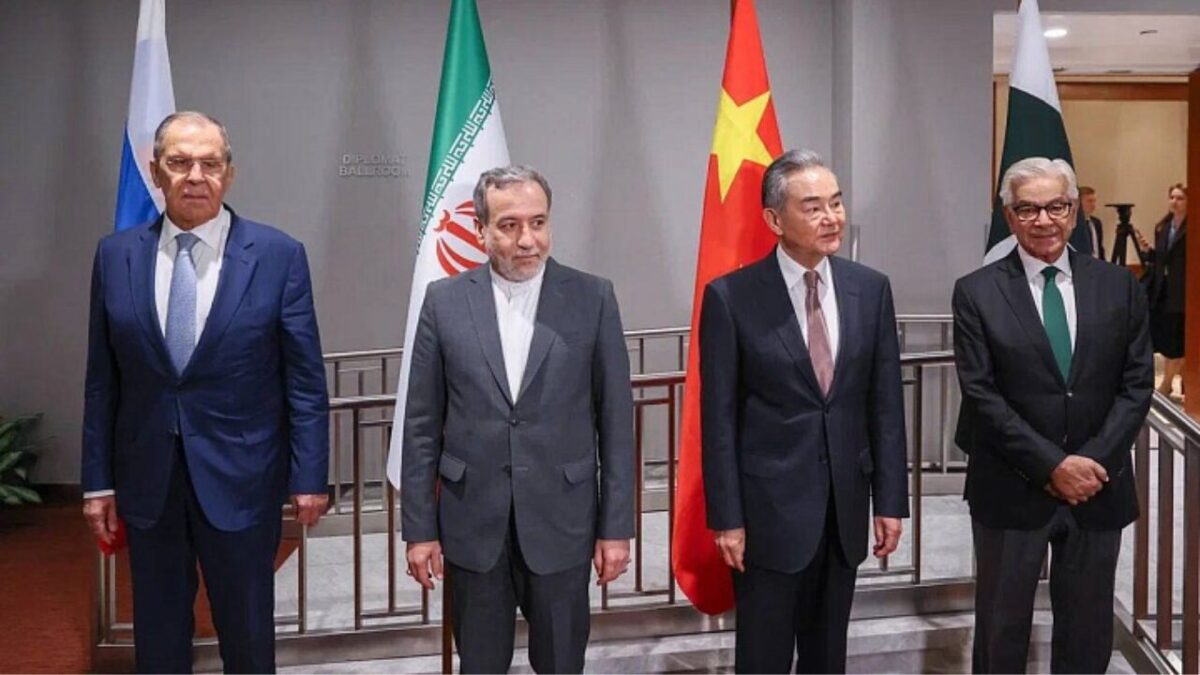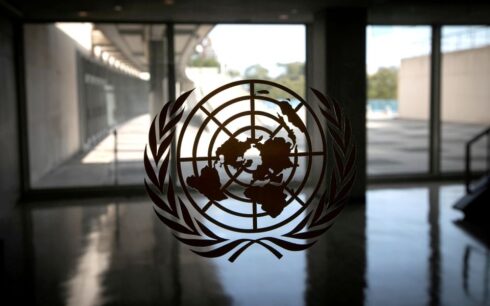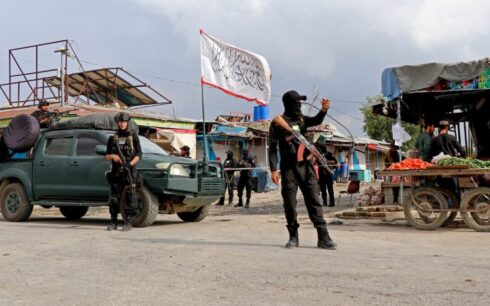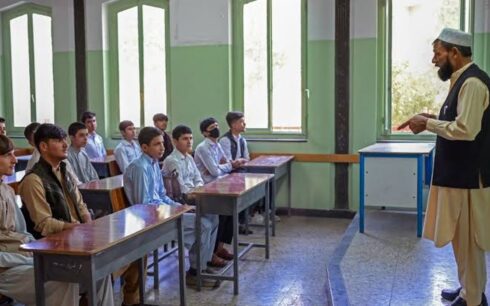Amid growing international concern over human rights violations in Afghanistan, the foreign ministers of Russia, China, Iran, and Pakistan issued a joint statement emphasizing that there is no alternative to establishing “mutually respectful dialogue and partnership relations” with the Taliban.
The statement follows the third meeting of the regional quartet, held on the sidelines of the 79th session of the United Nations General Assembly.
In their statement, the ministers reviewed their respective approaches to addressing Afghanistan’s ongoing crisis and reaffirmed their commitment to a diplomatic solution. The gathering underscores the increasingly complex dynamics surrounding the Taliban’s rule, as the international community remains divided on how best to engage with the group.
The joint statement comes just weeks after the UN Security Council reported significant internal divisions over how to respond to the Taliban’s controversial “Promotion of Virtue and Prevention of Vice” law. Several Security Council members, including France, the United Kingdom, and the United States, argue that international recognition and economic assistance for the Taliban should be contingent on their adherence to global human rights standards, particularly regarding the rights of women and girls. These nations continue to push for sustained pressure on the Taliban to reverse policies that curb freedoms and restrict education and employment opportunities for women.
However, Russia and China have taken a more conciliatory approach, advocating for continued dialogue with the Taliban and opposing additional pressure. Both countries argue that international aid should not be tied to the Taliban’s human rights record. This stance reflects a growing divergence in international strategy regarding Afghanistan, where the humanitarian crisis has worsened since the Taliban’s return to power.
China, notably, became the first country to formally accept a Taliban diplomatic envoy earlier this year, signaling a pragmatic approach to engaging with Afghanistan’s de facto rulers. While Beijing has not officially recognized the Taliban regime, it has moved to engage with them diplomatically. Similarly, Russia invited the Taliban to its economic forum in St. Petersburg in June and is reportedly considering removing the group from its list of banned terrorist organizations.
Despite these diplomatic moves, regional powers remain deeply concerned about the security risks emanating from Afghanistan. The joint statement raised alarms over the resurgence of terrorist threats and the spike in drug trafficking under Taliban rule, which have significant implications for neighboring countries and the broader region.





